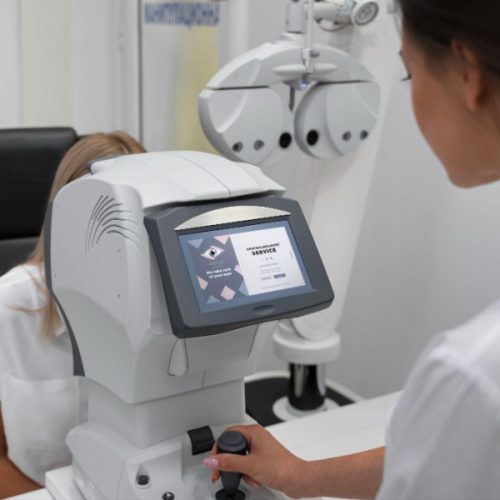Urban environments expose individuals to a wide range of pollutants, from airborne particles to chemical residues. While these pollutants are commonly associated with respiratory and skin issues, they also have a lesser-discussed impact on scalp health. The increasing prevalence of itchy scalp and hair thinning in cities highlights the overlooked connection between environmental stressors and scalp conditions. The effect of urban pollution, in many cases, is not only irritation but also the acceleration of hair shedding, linking directly to hair loss and itchy scalp complaints.
How Airborne Pollutants Affect the Scalp
Airborne pollutants such as fine particulate matter, dust, and vehicular emissions settle on the scalp and hair strands throughout the day. These particles mix with sebum and sweat, creating a layer that clogs follicles and irritates the skin. Persistent exposure can cause inflammation of the scalp, which manifests as redness, flaking, and itching. A compromised scalp barrier increases susceptibility to infections and worsens discomfort, further contributing to itchy scalp problems that many urban residents experience.
Chemical Residues and Sebum Imbalance
City life often exposes individuals to chemical residues from construction dust, industrial emissions, and even treated water. These chemicals alter the natural pH of the scalp and disrupt sebum production. An imbalance in sebum either leaves the scalp excessively oily or overly dry, both of which can exacerbate irritation. A dry scalp tends to crack and itch, while an oily scalp attracts more pollutants and microorganisms, aggravating sensitivity. Both scenarios increase the likelihood of hair loss and itchy scalp complaints, particularly when scalp inflammation weakens follicle roots.
Oxidative Stress and Follicle Damage
Pollution increases the production of free radicals, which cause oxidative stress on skin and hair cells. The scalp, being constantly exposed, absorbs these harmful particles. Oxidative stress disrupts follicle cell activity, reducing the ability of follicles to produce healthy hair strands. Over time, this weakens the hair cycle, leading to thinning and early shedding. This process directly links environmental exposure to progressive hair loss, particularly in individuals who already suffer from scalp irritation and itching.
ALSO READ: Can Not Washing Hair Cause Hair Loss? Here’s What You Need to Know
Link Between Itchy Scalp and Hair Loss Progression
While itching itself may not directly cause shedding, the act of scratching damages the scalp surface and follicle openings. Repeated scratching due to an itchy scalp leads to micro-injuries, which weaken hair anchorage. Combined with the stress pollution places on follicles, this increases hair fragility. The complaint of hair loss and an itchy scalp is not coincidental but rather the combined outcome of environmental triggers and behavioural responses to irritation. Once left unmanaged, this cycle accelerates overall hair thinning.
Managing Urban-Related Scalp Conditions
Addressing the role of pollution in scalp health requires preventive and corrective measures. Regular scalp cleansing helps to remove pollutants before they accumulate. Dermatological treatments can restore scalp barrier function and reduce inflammation. Antioxidant-based products may also play a role in countering oxidative stress. Beyond topical solutions, lifestyle adjustments such as minimising outdoor exposure during peak pollution periods and using protective headgear can reduce direct impact. However, long-term management often requires professional assessment to distinguish between pollution-induced scalp conditions and underlying medical causes.
Conclusion
The impact of urban pollution extends beyond visible skin issues, playing a significant role in itchy scalp development and the acceleration of hair thinning. The association between hair loss, itchy scalp complaints, and environmental exposure demonstrates the importance of addressing scalp health in urban populations. Preventive care, regular cleansing, and targeted treatments are essential for managing the consequences of pollution. Remember, without intervention, pollution-related irritation can worsen hair weakening and contribute to long-term scalp problems.
Visit Bee Choo Origin to take the first step towards a healthier scalp today.



